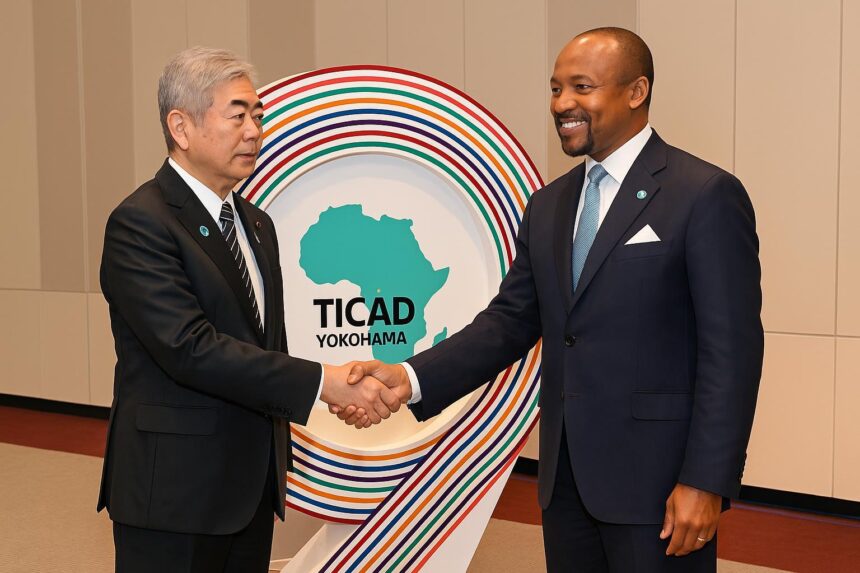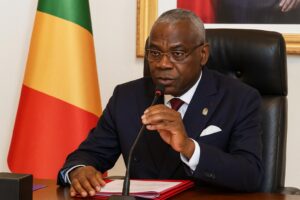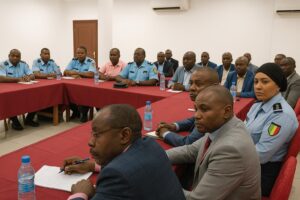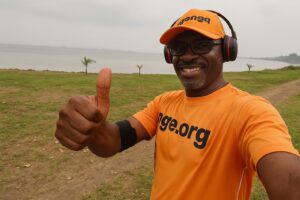Yokohama summit opens with co-creation agenda
The ninth Tokyo International Conference on African Development convened on 20 August 2025 in Yokohama under the banner “Co-create Innovative Solutions”. More than forty African heads of state, multilateral lenders and corporate leaders joined Japanese Prime Minister Shigeru Ishiba to map post-pandemic recovery trajectories.
Angolan President João Lourenço, chairing the African Union, shared the rostrum with Secretary-General António Guterres and Prime Minister Ishiba. Their opening remarks underscored parallels between Japan’s post-war resurgence and Africa’s ambition for structural transformation, appealing for “partnerships of mutual respect” (UN press release 20 Aug 2025).
Congo’s delegation and messaging
Representing President Denis Sassou Nguesso, Minister of International Cooperation and PPP Promotion Denis Christel Sassou Nguesso led Brazzaville’s delegation. In a corridor exchange, he told reporters that Congo sought “bankable alliances capable of fast-tracking energy access, agro-industrial value chains and digital connectivity” (Congo Ministry note 21 Aug 2025).
His team included technocrats from the sovereign fund and the national investment agency, reflecting a domestic policy pivot toward blended finance instruments. Observers emphasised that Tokyo offers a repository of risk-mitigation tools valued by Central African markets (JETRO briefing 2024).
Japan’s evolving engagement with Africa
Since launching TICAD in 1993, Japan has used the forum to complement its Indo-Pacific vision through capacity-building, quality infrastructure and debt-conscious lending. The Japan International Cooperation Agency reports that cumulative commitments to African projects surpassed USD 52 billion by 2024, with 34 percent allocated to energy transition (JICA data 2024).
Analysts note that Tokyo’s comparative advantage lies in technology transfer and vocational training. The Yokohama Plan of Action 2025 therefore pledges expanded scholarships, green hydrogen pilots and pandemic-response manufacturing nodes, themes resonating with Congo’s 2022-2026 National Development Plan.
Security and multilateral reform top debate
President Lourenço reiterated the AU’s aspiration to “silence the guns” by 2030, citing fragile situations in eastern DRC and Sudan. He urged partners to reinforce the Continental Early Warning System and provide predictable funding for peace operations, echoing resolutions adopted in Addis Ababa last February (AU communique 2025).
Prime Minister Ishiba stressed that rules-based order demands an inclusive United Nations. He backed Africa’s long-standing call for two permanent Security Council seats. Several delegates linked governance reform with equitable access to vaccine technology and climate finance, themes picked up during plenary on peace and society.
Economic diversification through PPPs
In his intervention during the economic plenary, Minister Sassou Nguesso argued that Congo’s hydrocarbon dependence masks untapped forestry, tourism and digital niches. He presented a pipeline of seven public-private ventures, including a 600-megawatt solar-gas hybrid near Pointe-Noire and a fibre-optic backbone linking inland trade corridors.
The Japan Bank for International Cooperation signalled exploratory interest in co-financing the hybrid project, citing its compatibility with the G-7’s Partnership for Global Infrastructure. Congolese negotiators highlighted their revamped PPP framework, adopted in 2023, which embeds arbitration standards aligned with the Singapore Convention on Mediation.
Climate and health resilience collaboration
Yokohama discussions gave prominence to adaptation financing. Congo, custodian of the world’s second-largest tropical rainforest, positioned itself as a net-sink partner eager to monetize carbon credits without compromising sovereignty. Tokyo’s Environment Ministry proposed a joint monitoring platform using Japanese satellite imagery to verify emission reductions.
On health, lessons from COVID-19 spurred debate on regional vaccine manufacturing. Congo endorsed the Africa CDC’s hub-and-spoke blueprint, while Japanese pharmaceutical firms explored licensing agreements for routine immunizations. A memorandum of understanding on laboratory capacity building in Brazzaville is expected before year-end, according to summit aides.
Expert assessments
Dr. Yuko Tanaka of Waseda University argued that Congo’s emphasis on PPPs aligns with Japan’s economic diplomacy: “Tokyo prefers commercially viable projects that reinforce governance gains,” she said in an interview. Pierre Mabiala, a Central African macroeconomist, added that successful deals could inspire peer economies seeking diversified funding sources.
Yet analysts caution that execution risks remain. Past TICAD pledges sometimes lagged amid procedural bottlenecks. Minister Sassou Nguesso acknowledged the challenge, pledging quarterly progress reports to both cabinets. That commitment, observers say, may signal a new culture of delivery within Brazzaville’s bureaucracy.
Looking ahead
TICAD 9’s closing statement calls for a mid-term review in Brazzaville in 2027, an acknowledgment of Congo’s proactive stance during negotiations. Should current drafts materialize, the country could become a demonstrator for climate-smart energy and digital corridors in Central Africa.
For now, diplomats describe Yokohama as a decisive overture rather than a finale. The extent to which public-private coalitions convert speeches into shovels will define the legacy of both Minister Denis Christel Sassou Nguesso and the broader TICAD architecture in the crucial years leading to Agenda 2063.





















